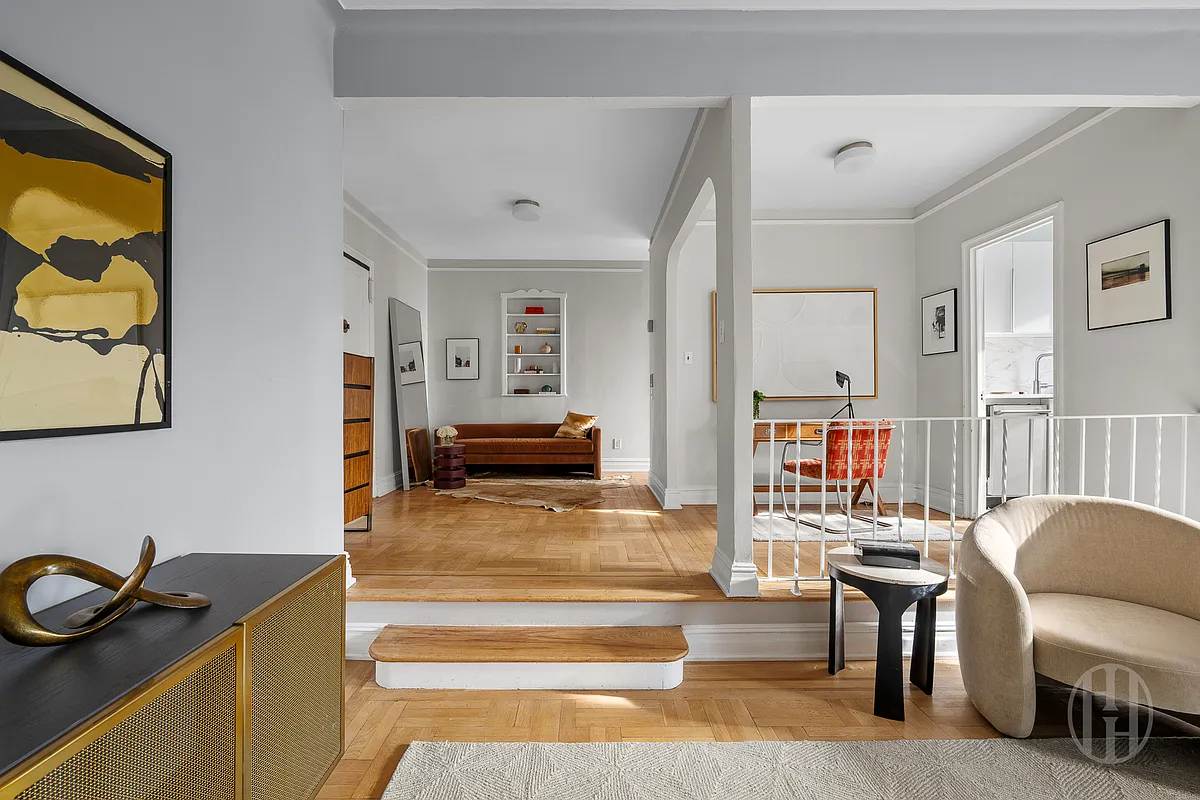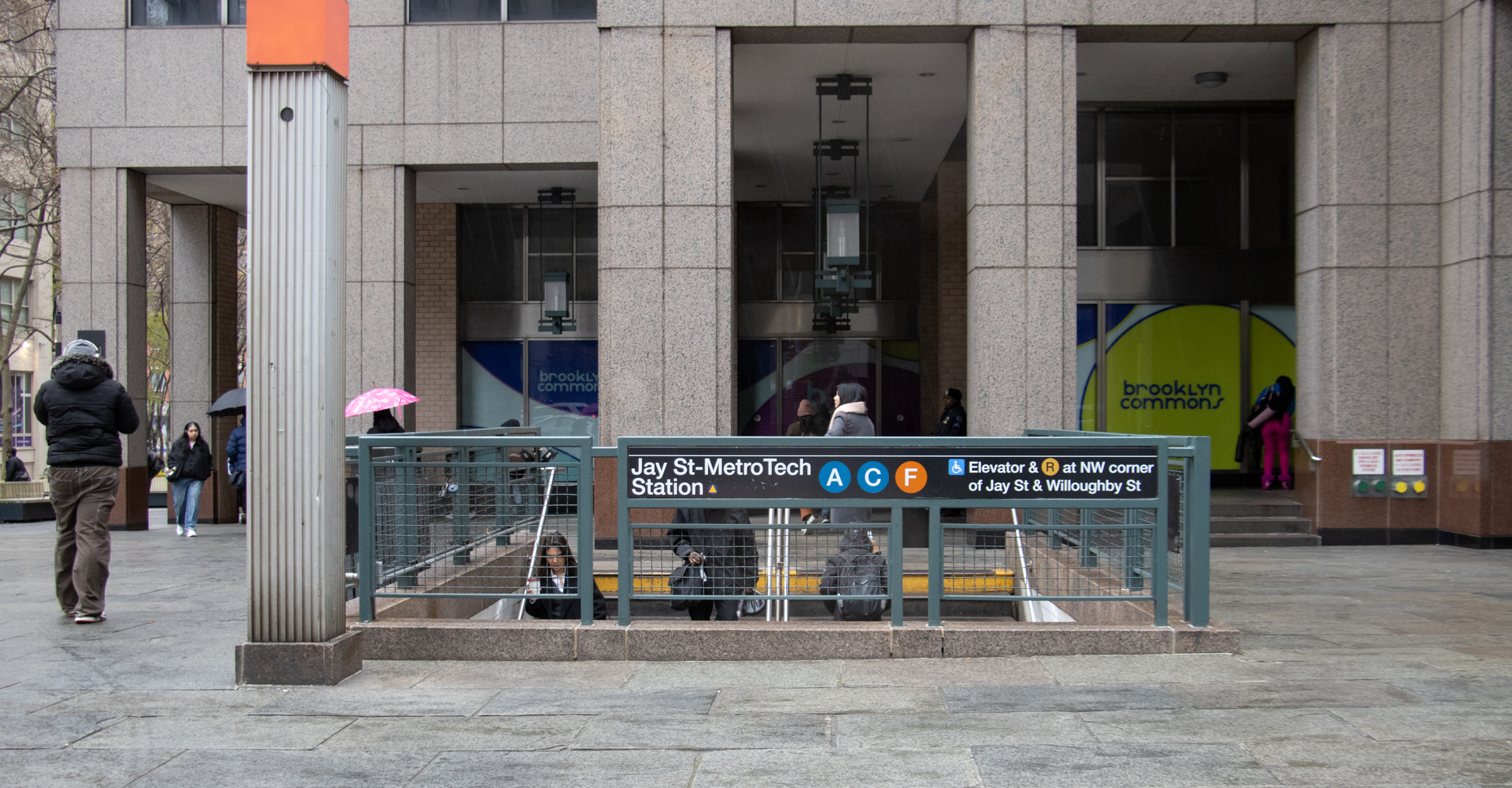Refinancing: How Sweet It Is
We’ve had a 6 percent 30-Year fixed mortgage since we bought our house in 2005. With rates at historic lows, we, like many people, started looking into refinancing earlier in the year, but had to put it on hold until we got tax extensions, and then returns, filed. When we spoke with the mortgage specialist…
We’ve had a 6 percent 30-Year fixed mortgage since we bought our house in 2005. With rates at historic lows, we, like many people, started looking into refinancing earlier in the year, but had to put it on hold until we got tax extensions, and then returns, filed. When we spoke with the mortgage specialist at Chase in February the conforming loan limit for a two-family house in Brooklyn was just south of $800,000. When we got on the phone yesterday morning we were pleased to learn that the conforming limit had recently been raised to $934,200; the single-family limit is $729,750. We were able to do a 90-day lock for a 1/4 point at 5 percent. Here’s where you have to start to question how low prices can really go: With rates where they are right now, you could, say, buy a $1.2 million house and lock in mortgage payments of $5,000 a month; assume you make $1,500 on your rental and you’re down to $3,500; throw in the tax breaks and you’re down to $2,500; add back in $1,000 a month for taxes and insurance and you’re back up to $3,500. $3,500 a month to own your own house in New York City and have, say, 2,400 square feet of living space for yourself (three out of four floors). The trickier part comes when you need to finance more than that $934,200. Have any readers gotten financing for significantly more than that recently? How did you structure it? We heard from Chase that HELOCs are quite hard to get right now?





I haven’t read any of the comments but want to respond to Mr. B’s suggestion that low rates mean prices should be bottoming, which I think completely misses the mark. Prices are dropping in the lowest interest rate environment we have ever seen. What do you think is going to happen when rates go back up, which they will? If ridiculously low rates have only slowed the decline and not stopped it, wait until rates go up.
le(live from Buenos Aires)chacal
Thanks Maly, I thought that was the case…
1842, yes, you do have to pay the mortgage tax on any extra fund you take above the amount you currently owe.
What-
I am not absent. I am busy working all day. You insult me on posts and now you want me to back you up?
If you can recoup your closing costs before you leave/sell/die etc… anything beyond that is savings. It depends on how long you live there if it is worth your while.
I have some transactions with clients are recouping their costs within 1 year and saving over 1k per month. A lot of people in this stage of the game are not interested in paying off the mortgage, it’s a tax strategy. I suggest people speak with their accountants and make an informed decision.
Just today I spoke to 2 brownstoners and we realized that it didn’t make sense for them to refinance. They agreed with me.
It’s all about what you are looking to get out of your mortgage. Some people need the lowest payment available and moving to a 30yr amortization gives them that as well as a low fixed rate. Others are in ARMs and currently ARMs are adjusting lower, but that will not last and they are converting to a fixed rate. Others need cash out to consolidate high interest debt, or to pay for college and now is a good time to fix those payments with Gov subsidized rates.
Differnt strokes for different folks
If you wanted to get cash out in a refi to do some repairs etc., can you refi for the original loan amount and not pay additional fees (e.g. mortgage recording tax) on the difference between your current balance and the original loan amount? For example, if your original mortage amount is 600K, and when you refi your balance is 540K – if you refi for 600K, do you pay additional fees on the 60K difference between the original loan amount and the current principal amount?
Hello MR, I did use a lawyer to refinance because I didn’t want to pay mortgage tax again. the mortgage tax would have been $6,000, the lawyer fees were $800. It added some time and complexity, and we used all 60 days of the rate lock, but it was definitely worth it moneywise..
Anybody have an intelligent opinion about whether I need a real estate lawyer for my refinance?
Petunia, even if you are not disciplined, you still have extra cash. If you want to go spend it on Disney World every year, then so be it, and if you want to invest it instead of paying down your mortgage, again, to each his own. But the fact remains you have more cash in your pocket instead of in the banks
Thanks for that definition of amortization what, it has really cleared everything up for me 🙂 But you are right, I am an idiot, because I just spent the better part of a day trying to convince you of some very simple math, the same math you profess is behind your logic. Oh well, it was fun